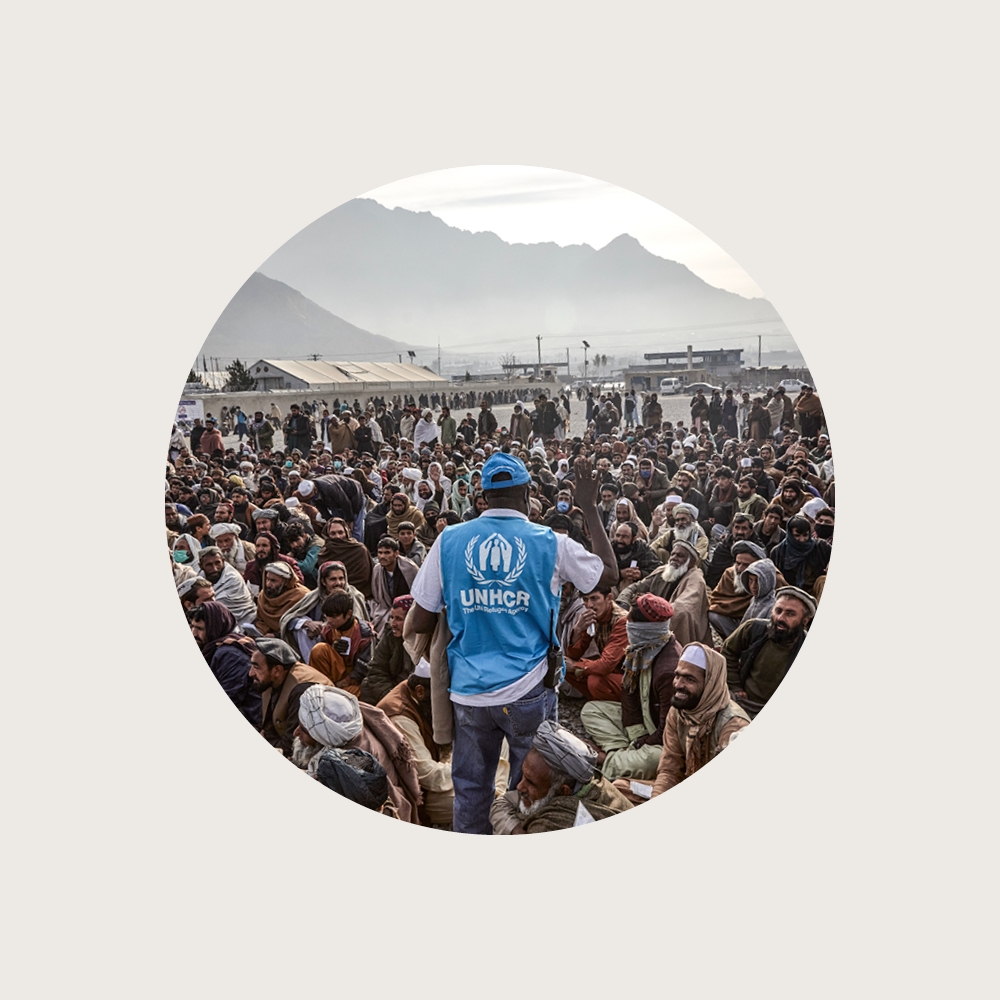The humanitarian sector is stretched to the limit. The number of people forcibly displaced from their homes has recently passed 100 million due to a toxic mix of conflict, natural disasters, economic instability, and hunger.
As governments and aid organisations scramble to help those in need year after year, it is time to ask: when do we stop addressing the haemorrhaging from a contextualised time-bound emergency and recognise that we are facing a developmental crisis? And how can we act differently to reboot our creaking system?
Covid-19, climate change, and now a war in Europe. The world is at a crossroads and how we act in the next 20 years will determine the shape of humanity to come.
The scale of the crises we are experiencing is so great that wealthy countries can no longer look the other way and ignore the suffering. Moreover, the supply shocks and weather events of the last two years have only intensified our awareness of how interconnected we are, exposing the dangers of unhealthy economies, and the vulnerability of supposedly healthy ones.
These complex problems need joined up solutions and at the Abdulla Al Ghurair Foundation for Education, one of the UAE’s leading philanthropic entities, we believe in just that.
The UN’s Sustainable Development Goals (SDGs) map out pathways for how we can create a better future. At the Foundation we are prioritising: SDG4 (Quality Education), SDG 8 (Decent Work and Economic Growth), SDG 5 (Gender Equality), and SDG17 (Partnerships for the Goals).
Through the prism of these four SDGs, we have instigated programmes and partnerships focussing on young people in the Arab region, because investing now in the next generation will pay economic and social dividends for years to come.






